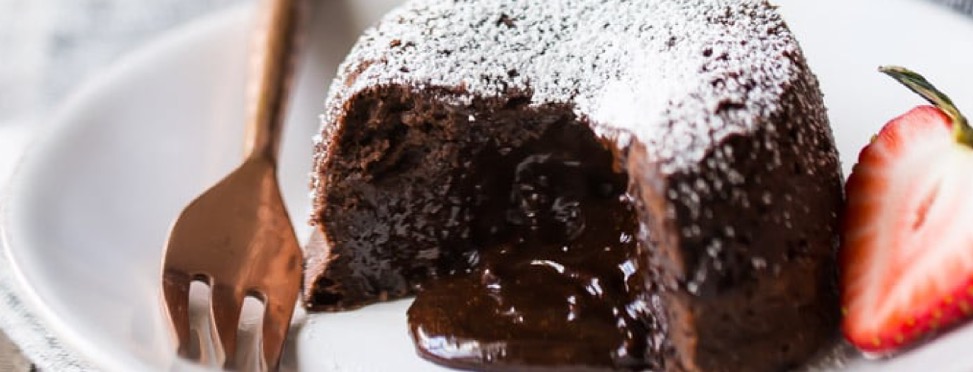Words by Raffaella Migliore
Remember when “moist” wasn’t the worst word on the planet? When it was just another word used to describe the quality of cake, a slightly damp cloth or a sweaty brow…and then the world went and made it, well, gross?
Words are so much more than what they mean. Some are cool and some are definitely not. “Groovy” was groovy until it wasn’t, and then it was retro and now, if we’re honest, it’s kind of groovy again!
We’ve broken down 3 vocab categories into what’s hot and what just isn’t.
Word on the street…
These are the words that your Oxford Dictionary is yet to discover and that peaked in popularity on Urban Dictionary 6 months ago. These are slang terms coined by 15-year-old Youtubers, adopted by trendy high schoolers and punted on social media until begrudgingly accepted by the 20-something-year-olds. Eventually these terms are laboriously explained (references included) to 30-year-olds without twitter, but are destined to remain a mystery to anyone over 60. They’re colourful, contextual and a glimpse into pop-culture and the emerging world; but mostly, they’re soooo much fun to use.
Think “lit”, think “yeet”, think “slaps”. We hate them because they’re too cool for us, but really we love them because they’re full of life… and we’re not sure how to communicate without them anymore.
Lit : When something is “turned up” or “popping”
John : did you go to that party last night?
Daquan : yes that shit was lit
Yeet : to discard an item at high velocity.
“Alex finishes his soda and proceeds to yeet his empty can into the trash bin”
Slaps: Music that is desirable.
“Man, you heard that new Mike Jones album? That shit slaps!”
(Thanks Urban Dictionary, for keeping us hip.)
Buzz-buzz-buzz words with no bite
Are you even employable if your CV doesn’t tell your prospective employer that you’re “motivated”, “passionate” and “focused”? Yes! You are! Probably more so if you avoid describing yourself with buzzwords that might sound great but don’t mean much.
Buzzwords are terms that peak in popularity and become everyone’s favourite, until they become what the kids would call “basic”. They lose their meaning because they’re so generously used and become unreliable descriptors for anyone who actually is these things. In fact, they’re so cringe that even Linkedin publishes an annual Buzzword list of terms and words they suggest you avoid at all costs.
Not-so-fool-proof Terms
… or totally fool proof? Terms that are great to use, but less great if you don’t have them exactly right. These terms sneak attack even the brightest and wordiest among us. They’re tricky because they’re so close to almost right that they’re able to creep under the radar as if by slight of hand (sleight of hand) for years until we see them written down or have our foe-pas (faux-pas) politely pointed out- or worse, playfully cackled at.
It’s hard not to beat ourselves up and perpetually relive the embarrassment for all the times people heard us say “for all intensive purposes” (for all intents and purposes), but these malapropisms are so common they have their own pet name: “Eggcorns.” You can have some piece of mind (peace of mind) knowing that you are far from alone. These deep-seeded (deep-seated) language habits are buy-in large (by and large) cured with a little bit of do diligence (due diligence) and a sufficiently wet appetite (whet appetite) for picking up these little imposters.
It’s true that some words are just a little “moist”, but also, who really cares? (Ok, we do because it’s our job). Words are the clothes of your thoughts, and it’s ok if you’re not vogue-ready at all times. Mostly, you should just say what you mean and yeet the haters. Language slaps because it’s alive and changing, and we think that’s pretty groovy.

